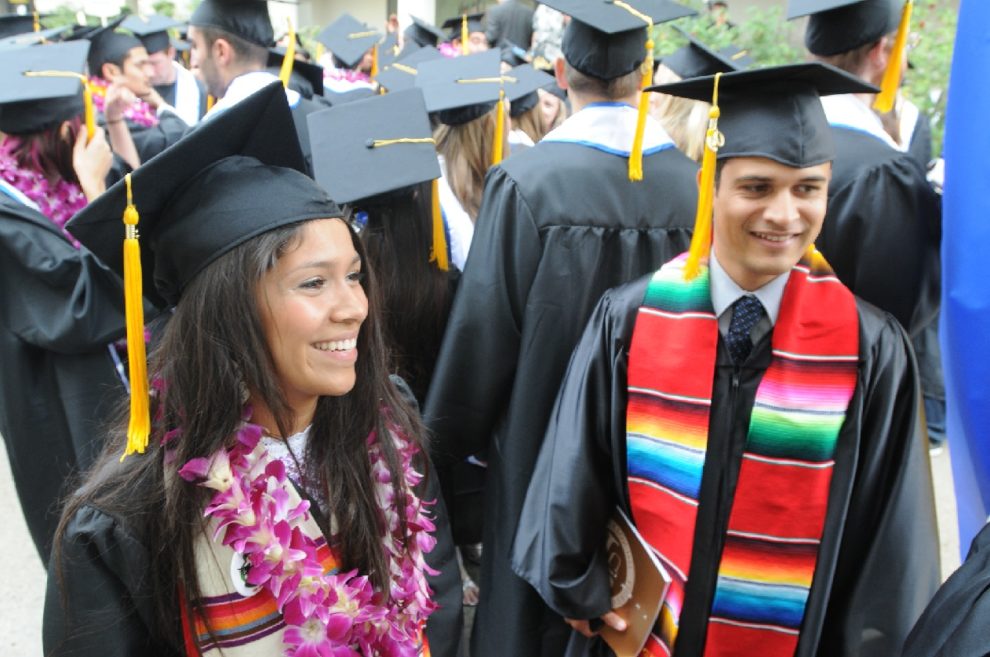A premier Latino nonprofit advocacy organization in the U.S. reported last month that the Latino population in college is struggling financially and emotionally, and at being prepared for college.
UnidosUS (formerly known as National Council of La Raza) published the results of the study last month which asked college students of Latino descent for their experiences dealing with their college studies during the COVID-19 pandemic.
The study reported that Latino college students have had their experiences greatly affected by the pandemic.
From paying for books, food, housing, and having emotional and academic support while pursuing an education, Latino students find themselves tangled in a mix of weak economic and academic support for completing their college education.
Online Education
Because of the COVID-19 pandemic, most colleges and universities shifted to a purely online setting for delivering education and support services, such as advising and mentorship. However, most college students are finding themselves not just in a state of isolation but in a state of great uncertainty and risk.
In a more comprehensive study of college enrollment numbers during the spring term, the National Student Clearinghouse Research Center found that enrollment of Latino college students seeking a bachelor’s degree rose compared to last year, and as well as for students seeking a master’s degree.
Support Chicano/Latino Media. Subscribe For Only $1 Your First Month.
The same study also found that while there were no drastic demographic differences among the enrollment of college students last spring due to the COVID-19 pandemic, African-American and Latino students took leaves of absences at a higher rate compared to other race or ethnic groups.
Risk and uncertainty come in similar faces for every college student, but for Latino college students the risk of COVID-19 can be a top concern.
In another recent study, UCLA health researchers from the Center for the Study of Latino Health and Culture have been investigating the increase of the death rate among young Latinos in California (ages 18-34) due to the COVID-19 pandemic.
The study found that in the past couple of months, the death rate due to COVID-19 among that population has increased almost five times.
Targeted Policies
Targeted policies can be one way to help students with their stress and anxiety, but a few simple ways can have long lasting effects on a student’s success. A good example is the work at Montclair State University in New Jersey, the second largest public university in that state.
For the summer term that was completely online, Montclair’s Hispanic Student College Institute offered several 3-hour online sessions geared towards new Latino students and their parents (with optional Spanish-language sessions for parents) covering basic things such as how to pick a major, how to buy textbooks, and many other topics of interest for the typical first generation student.
But it wasn’t just those sessions that made a difference. The follow-up online workshops that offered a chance to talk directly to professors, advisors, industry representatives, and student services staff also helped.
The same call to action is likely needed across all college campuses. With COVID-19 rates increasing, and students returning to their campuses for onsite classes, there is a greater need to ease not just the infection rate but the stress and anxiety students are experiencing
Get Columns Like This In Your Inbox
To receive weekly updates like this in your inbox, subscribe to The Daily Chela newsletter here.












